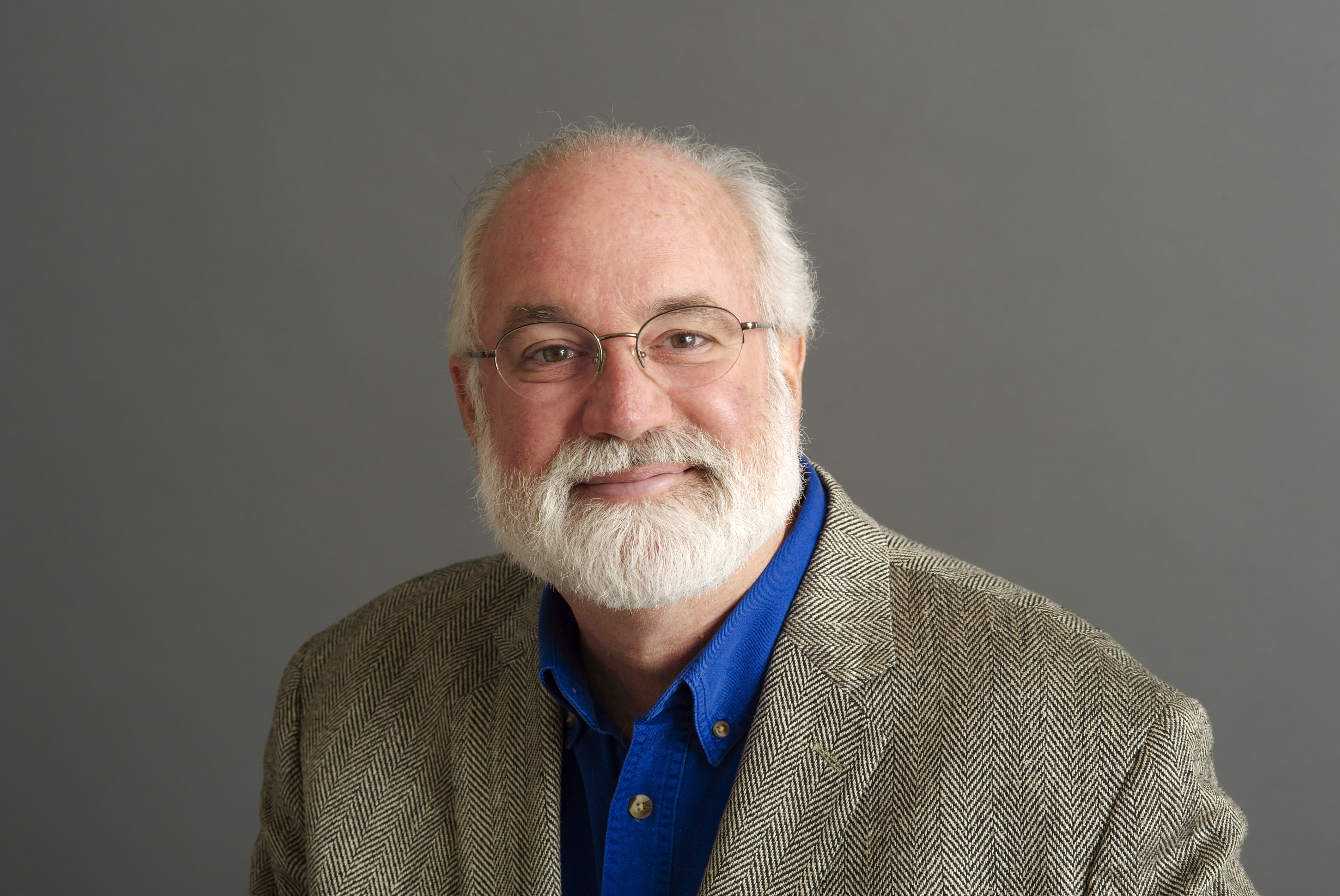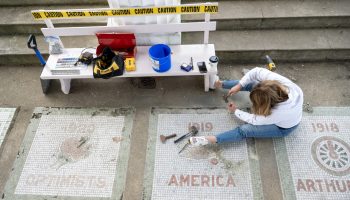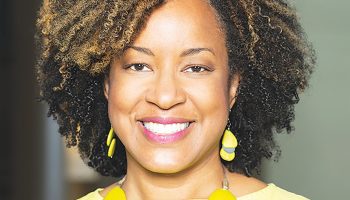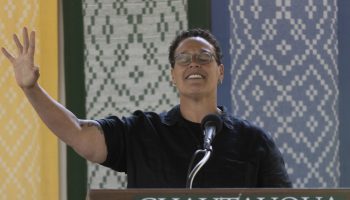When Fr. Greg Boyle, S.J., first tried to come up with a way to give rehabilitated gang members jobs during Los Angeles’ most violent period, he turned to food.
More than 25 years later, Boyle will talk to Chautauquans about the role food played in the movement that followed his first project, Homeboy Bakery. At 2 p.m. Friday in the Hall of Philosophy, Boyle will close out the season’s Interfaith Lecture Series and its Week Nine theme, “Food and Faith.”
His lecture is titled “We Don’t Hire Homies to Bake Bread; We Bake Bread to Hire Homies.”
“Father ‘G’ has the most heart-filling sense of humor and joy, which opens our own minds and souls to his wisdom,” said Maureen Rovegno, associate director of religion. “We are thrilled that he is able to be with us again, especially in this week on food, which he uses as a conveyance for helping his homies to discover their humanity — and for us as well.”

Boyle, who has spoken on the Interfaith Lecture platform numerous times, is a Jesuit priest and former pastor of the Dolores Mission Church in Los Angeles.
Despite his popularity at Chautauqua, his connection to “Food and Faith” may not be immediately apparent. In 2016, though, the James Beard Foundation honored Boyle as Humanitarian of the Year, which is given to someone whose work in the realm of food has improved the lives of others and benefited society.
Boyle first turned to food to help others when he founded Homeboy Industries, a gang intervention program. It started with a venture called Homeboy Bakery, which was located in an abandoned bakery across the street from Dolores Mission Church.
At the time, the church was located between two large public housing projects with the highest concentration of gang activity in the city. Boyle has told Chautauquans in his previous lectures about the violence that plagued the area, and how he started the Homeboy project as a path for gang members out of the violence.
Food, as this week’s speakers have pointed out, is uniquely capable of bringing people together — and that’s what Boyle discovered, too.
“Suddenly guys had a reason to get up in the morning. They could say, ‘I’m a baker. I’m working at a bakery!’ ” Celeste Fremon, the author of G-Dog and the Homeboys, said in an interview with James Beard Foundation. “It’s the metaphor of feeding your community, not just having jobs but having jobs that offer something of tangible value to the community.”
Many of Homeboy’s newer ventures are still based around feeding the Los Angeles community. They include the Homegirl Cafe & Catering in Chinatown, Homeboy at LAX, Homeboy Diner at City Hall and a presence in farmers markets throughout the city.
Boyle has said he considers himself a foodie, and so do some of the homies. He said in an interview with KCET that they watch cooking channels far more than they watch channels like ESPN.
In his book Tattoos on the Heart: The Power of Boundless Compassion, Boyle talks about breaking down stereotypes and finding the humanity in all people, including gang members. After all, that is what Boyle has been doing since he was assigned to Dolores Mission Church in 1986.
“Father Greg Boyle is treasured beyond expression here at Chautauqua and wherever he is known, both for who he is and for what he has made possible for so many of his beloved homies,” Rovegno said, “and for all that he teaches us to be and to do by his lived example.”




